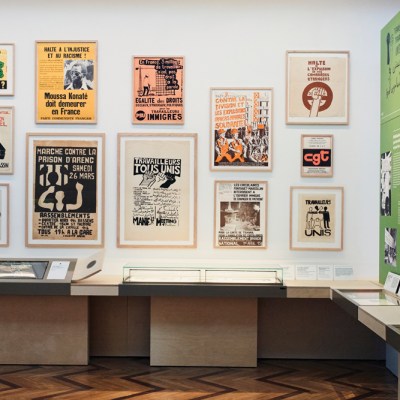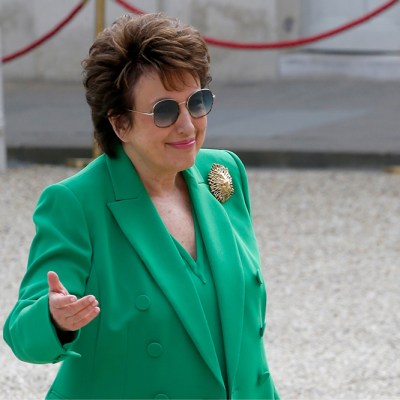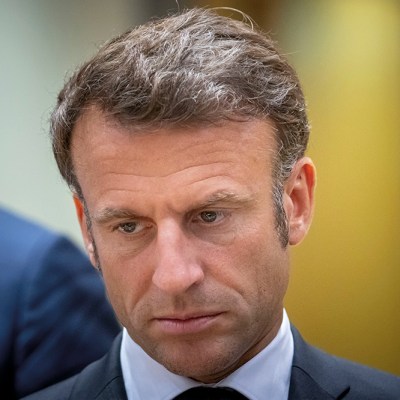Rakewell has always been delighted by French chauvinism about French culture. No one needs reminding of how Voltaire felt about Shakespeare and his marked inferiority to Racine. This week, such an attitude reached what might be its apotheosis when President Macron sat down to talk to the US magazine Variety. As Variety is a show-business publication (it might refer to itself as an entertainment trade paper), the subject of Netflix, amid much humming and hawing over the success of the Olympics, came up. The president doubled down on his enthusiasm for playing host to the streamer, declaring, ‘We will fight hard. And we will ask them to remain in Paris! Emily in Paris in Rome doesn’t make sense.’ Of course, as the interview makes plain, Emily in Paris, the comedy about an American PR in Paris with costumes by Patricia Field, holds a special place in the president’s heart – after all his wife, the magnificent Brigitte, appears in the fourth season of the show.
When asked what he thought about the cameo, Macron said, ‘I was super proud, and she was very happy to do it. It’s just a few minutes, but I think it was a very good moment for her.’
Never has Rakewell been more in agreement with a politician or an act of cultural diplomacy. We’re talking about Emily in Paris, after all (and not Henry V – this was no gift of tennis balls to an English court). The effect of Madame Macron on the screen was transformative. As we all know, Brigitte was a drama teacher before she married her former pupil. Her talent shines from the screen – even though her introduction to Emily’s world comes in the form of a rudely stereotypical anti-French joke of the kind that Rakewell would never make.
Picture the scene: a classic French brasserie. Emily is in discussion with her new colleague from New York (spoiler alert: never trust Americans bearing gifts). ‘Don’t move,’ says Genevieve. ‘Is it a mouse?’ asks Emily in a deeply pejorative attack on French hygiene. ‘No, no, it’s Brigitte Macron. She’s sitting at the table behind you,’ says Genevieve. And indeed, there she is, sitting at a table, drinking a very delicate cup of coffee, wearing what we have since been told are her own clothes. They look very much like clothes by Louis Vuitton, a label she is known to favour.
She chats with them briefly, responding to Emily’s franglais with a delicacy that some viewers think is lacking from the rest of the show. She poses for a photograph, and then – like all good things – her scene comes to an end. Proust might have had La Berma but Rakewell now has Brigitte. No wonder her husband has described her screen debut as good for the image of France.




